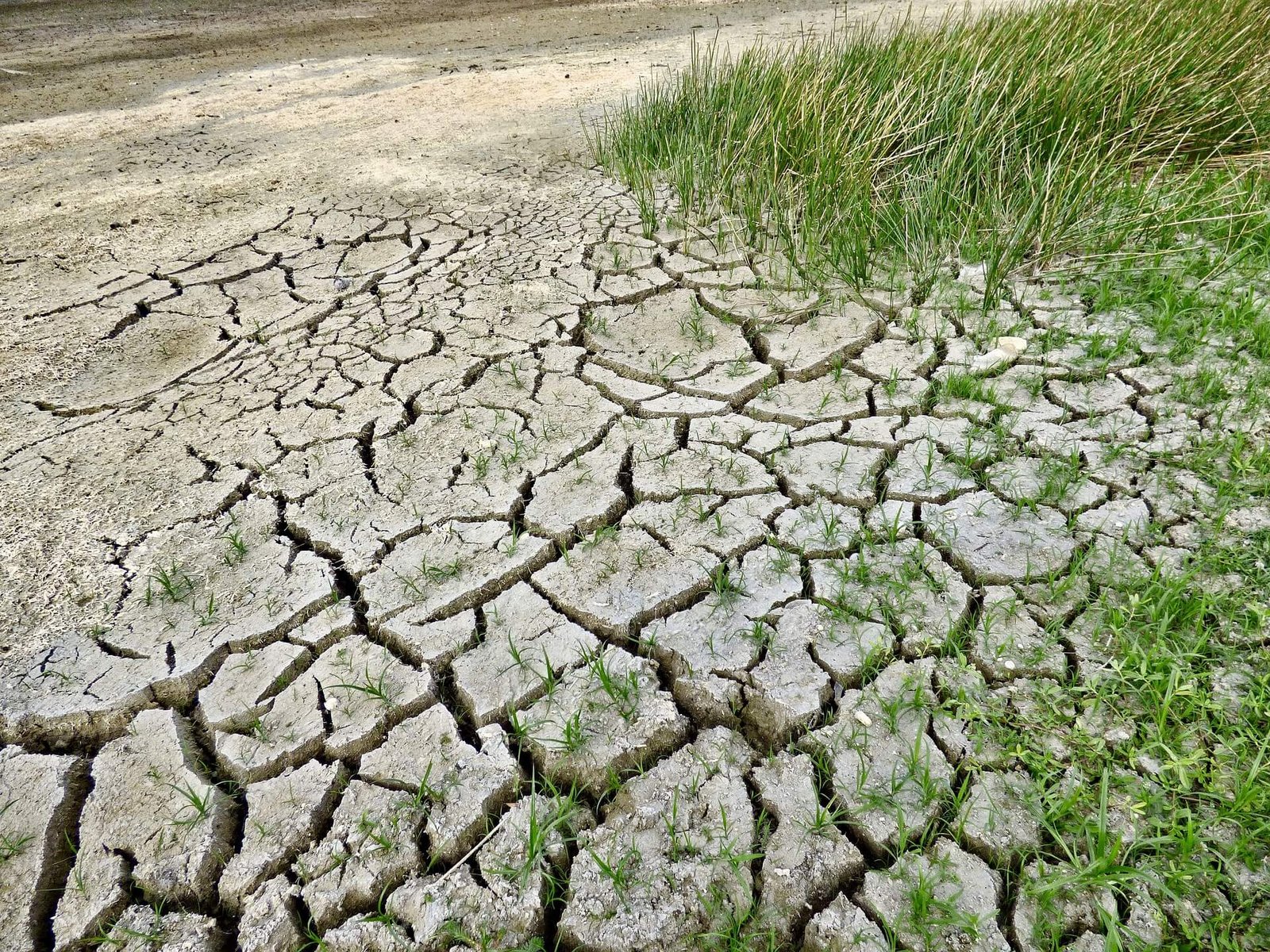The Loss and Damage Fund, established to address the adverse impacts of climate change, is set to convene its Board for the first time from April 30 to May 2 in Abu Dhabi.
In anticipation of the inaugural board meeting of the new international Loss and Damage Fund for climate change scheduled for next week, Amnesty International’s Climate Advisor, Ann Harrison, has raised significant concerns regarding the restrictions imposed on civil society organizations’ participation.
Harrison emphasized the pivotal role civil society plays in ensuring the representation of diverse and marginalized communities whose rights are disproportionately impacted by the climate crisis. She stressed that the inaugural meeting should set a precedent by fostering greater engagement with civil society rather than limiting its involvement.
“The full involvement of civil society is essential for the Loss and Damage Fund to prioritize human rights and effectively address the climate-induced loss and damage experienced by communities worldwide,” stated Harrison. “Failure to ensure their participation raises the risk of the fund failing to deliver climate justice to those most in need.”
The Loss and Damage Fund, established to address the adverse impacts of climate change, is set to convene its Board for the first time from April 30 to May 2 in Abu Dhabi. However, concerns have been raised over the stringent restrictions placed on civil society participation, surpassing those observed in other UN Framework Convention on Climate Change bodies, such as the Green Climate Fund.
Following the agreement reached at COP28 to operationalize the Loss and Damage Fund, challenges persist regarding its composition and financing. Harrison highlighted the urgent need for increased funding, particularly from states with the greatest responsibility for greenhouse gas emissions, to effectively mitigate future loss and damage from global warming.
“To limit the devastating impacts of climate change, a comprehensive, rapid, equitable, and adequately funded transition away from fossil fuels is imperative,” emphasized Harrison.
The concerns raised by Amnesty International and other climate justice organizations underscore the importance of transparency, inclusivity, and accountability in the operations of the Loss and Damage Fund. Harrison called for the adequate representation of all stakeholders, including virtual participation if necessary, and the live streaming of proceedings to ensure transparency.
In light of the escalating climate crisis and its disproportionate effects on vulnerable communities, the Loss and Damage Fund’s role in addressing these challenges cannot be overstated. Harrison emphasized the need for the Fund to uphold human rights principles and prioritize the needs of those most affected by climate-induced loss and damage.
As the international community grapples with the urgent need for climate action, the inaugural meeting serves as a crucial opportunity to reaffirm commitments to climate justice and ensure the meaningful participation of civil society in shaping its agenda and priorities.
